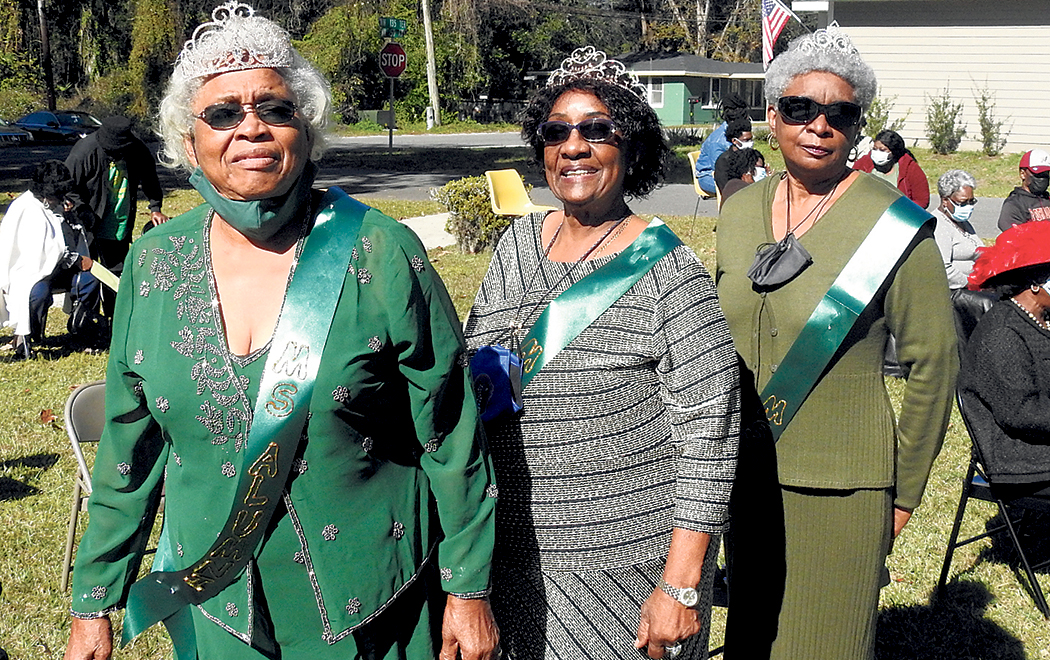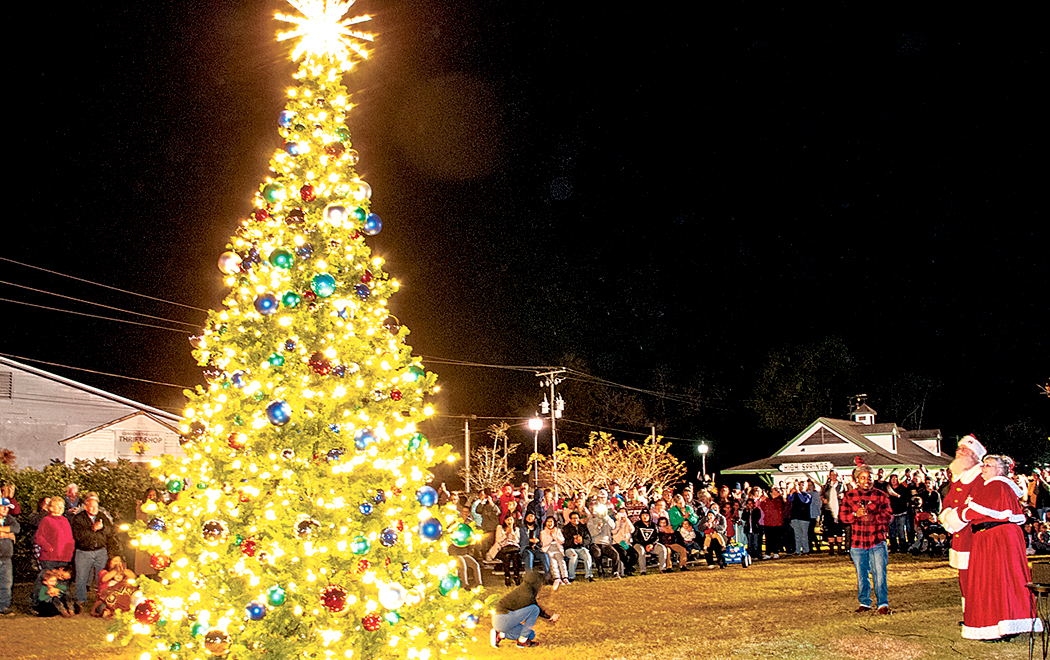ALACHUA COUNTY ‒ Following the Interstate-75 crash that killed two High Springs residents and seriously injured another on Thanksgiving morning, the alleged driver of the black passenger vehicle responsible for the crash was arrested.
Demiko Montrell White, Jr., 23, of St. Petersburg, the alleged driver of the black passenger vehicle that caused the white SUV to overturn, was arrested on a charge of possession of a weapon by a convicted felon. White is also wanted on a warrant out of Orange County for violating probation by getting arrested on a battery charge in Leon County and was sentenced to probation in Pinellas County just three days prior to the crash for violating a previous probation by failing a drug test. His probation meant that White was prohibited from leaving Pinellas County without permission from his probation officer.
Deputies learned from Florida Highway Patrol that the driver of the car that caused the crash had an out-of-county warrant. The alleged driver, White, also had a suspended driver’s license. When the vehicle was searched, a handgun was found in the glove compartment and a small bag of marijuana was found. A search of the driver’s criminal history revealed that White is a convicted felon with an active warrant out of Orange County.
White’s passenger stated that the handgun and marijuana were not his, and he didn’t know who they belonged to. The passenger was not arrested.
Post Miranda, White agreed to answer questions, and he was asked if he was driving the vehicle involved in the accident. He said, “Y’all already know who was driving, I spoke with a trooper.” The deputy said he needed to re-interview him, then White said he was not the one driving the vehicle. The deputy asked if he was in the passenger seat, and White said, “I never said that.” The deputy then advised White that a handgun was found in the passenger side glove box, to which White reportedly replied, “Oh, no, I was driving.” White said he had no knowledge of the handgun. When asked how the handgun had ended up in the glove box, White said, “It has always been there.” The deputy reminded White that as a convicted felon, he cannot be around any type of firearms, and White reportedly said, “That’s ok, I can beat it.”
The deputy wrote that due to the conflicting stories told by White, there was probable cause to arrest him.
According to court records posted on Nov. 29, White was released on $15,000 bond on Nov. 26, with the condition that he possess no firearms. A public defender was appointed. The First Appearance Order scores him as a low flight risk and states that he is not employed.
An Orange County warrant dates from an arrest on April 27, 2021, in which the arresting officer reported that White was driving 100 mph on SR 408. White’s driving and arrest records date back to 2015 with numerous charges listed, which include failure to show, failure to pay fines, controlled substance arrests, suspended license, probation for 360 days, arrests for battery, felony possession of cocaine and marijuana, careless driving, leaving the scene of an accident, felony battery charges, fleeing and eluding.
# # #
Email cwalker@
alachuatoday.com
Add a comment


